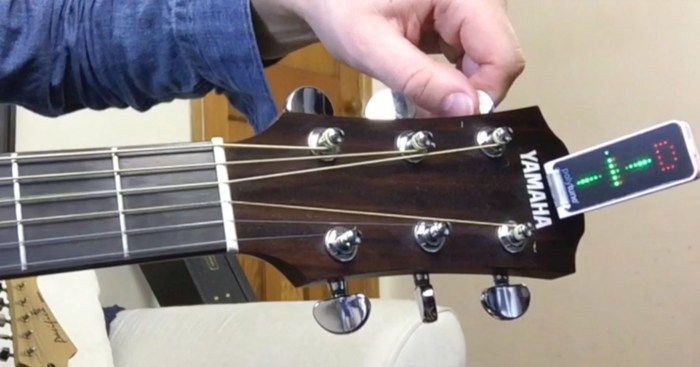Lesson 3 1 tune up exercises answers – Embark on a comprehensive exploration of Lesson 3.1 Tune-Up Exercises Answers, where you will delve into the fundamentals of grammar and sentence structure. This in-depth guide provides clear explanations, engaging examples, and comprehensive exercises to enhance your understanding and proficiency in essential grammar concepts.
Prepare to refine your sentence writing, improve subject-verb agreement, master pronoun usage, and enhance your comprehension of adjectives, adverbs, punctuation, and capitalization. With a focus on practical application, these exercises empower you to confidently apply grammatical principles in your writing.
Lesson 3.1 Tune-Up Exercises: Lesson 3 1 Tune Up Exercises Answers

Lesson 3.1 focuses on fundamental English grammar concepts, providing learners with a refresher on sentence structure, subject-verb agreement, pronoun usage, adjective and adverb usage, and punctuation and capitalization. These tune-up exercises are essential for building a strong foundation in English grammar and writing skills.
Exercise 1: Identifying Sentence Types
| Sentence | Type | Explanation | Example |
|---|---|---|---|
| I love to read. | Declarative | States a fact or opinion. | – |
| Are you going to the party? | Interrogative | Asks a question. | – |
| Please close the door. | Imperative | Gives a command or request. | – |
| Wow, that’s amazing! | Exclamatory | Expresses strong emotion. | – |
Exercise 2: Subject-Verb Agreement
- The subject and verb must agree in number (singular or plural).
- For singular subjects, use singular verbs.
- For plural subjects, use plural verbs.
- For compound subjects joined by “and,” use a plural verb.
- For compound subjects joined by “or” or “nor,” use a singular verb if one subject is singular and the other is plural.
Examples:
- The dog barks.
- The dogs bark.
- The dog and the cat play.
- Either the dog or the cat plays.
Exercise 3: Pronoun Usage, Lesson 3 1 tune up exercises answers
| Pronoun | Type | Example | Usage |
|---|---|---|---|
| I | Personal | I went to the store. | Refers to the speaker or writer. |
| my | Possessive | My car is red. | Shows ownership or possession. |
| myself | Reflexive | I hurt myself. | Refers back to the subject. |
| this | Demonstrative | This is my book. | Points out a specific person, place, or thing. |
| some | Indefinite | I have some apples. | Refers to an unspecified amount or number. |
Exercise 4: Adjective and Adverb Usage
Adjectivesdescribe nouns or pronouns, while adverbsdescribe verbs, adjectives, or other adverbs.
Examples:
- The big dog barked loudly.
- The car drove quickly down the road.
Exercise 5: Punctuation and Capitalization
Punctuation:
- Use commas to separate items in a list.
- Use periods to end sentences.
- Use semicolons to separate independent clauses.
- Use colons to introduce a list or quotation.
Capitalization:
- Capitalize the first word of a sentence.
- Capitalize proper nouns (names of people, places, and things).
- Capitalize the first word of a direct quotation.
Examples:
- I went to the store, the library, and the park.
- The United States is a large country.
- “I love to read,” she said.
Quick FAQs
What is the purpose of Lesson 3.1 Tune-Up Exercises?
Lesson 3.1 Tune-Up Exercises are designed to reinforce grammar concepts, improve sentence writing, and enhance writing proficiency.
How do I approach the exercises in Lesson 3.1?
Engage with the exercises actively, study the examples provided, and practice applying the grammatical principles in your writing.
What are the key takeaways from Lesson 3.1?
A thorough understanding of sentence types, subject-verb agreement, pronoun usage, adjective and adverb usage, and punctuation and capitalization.